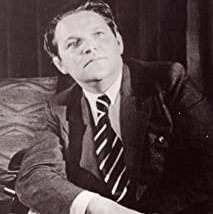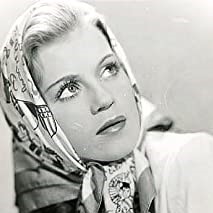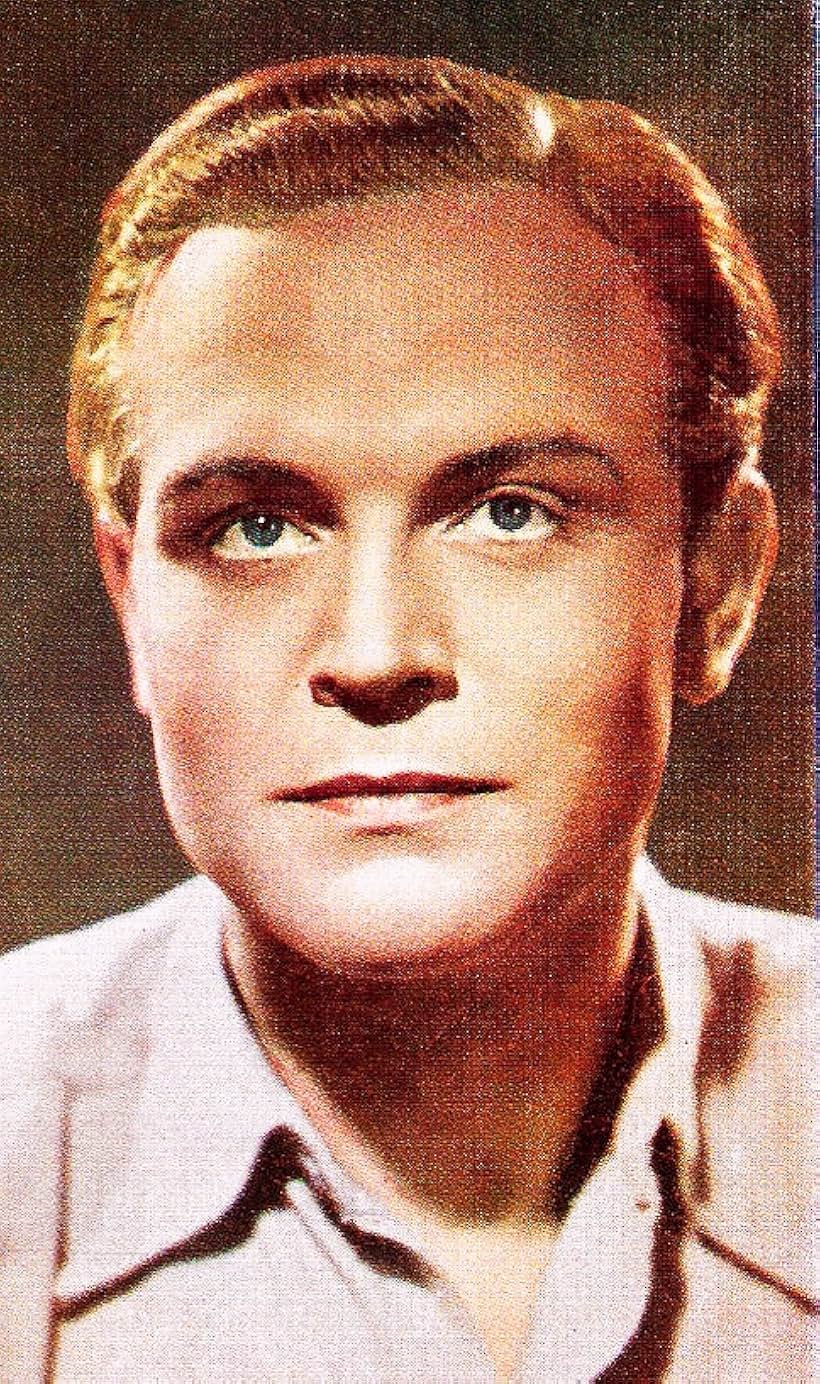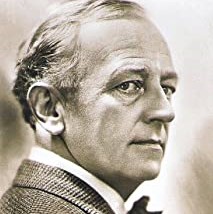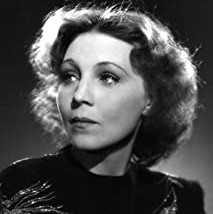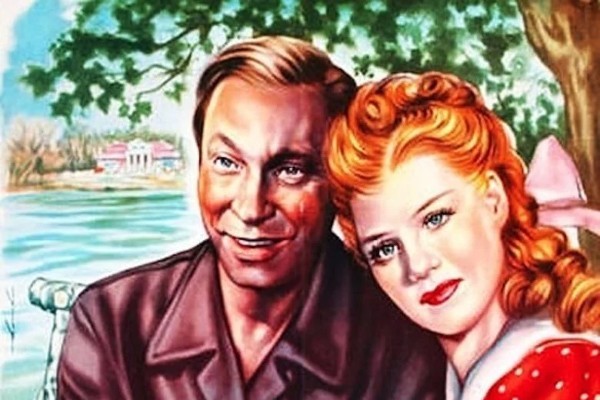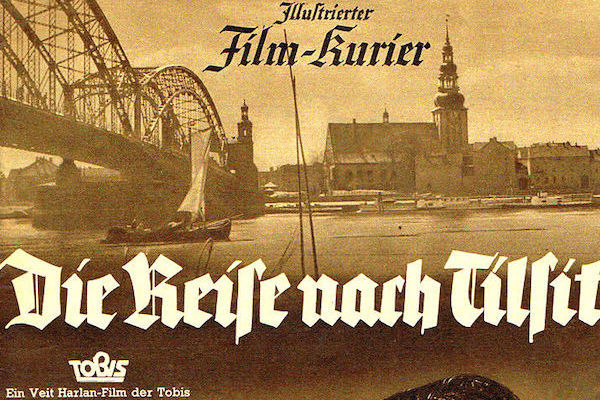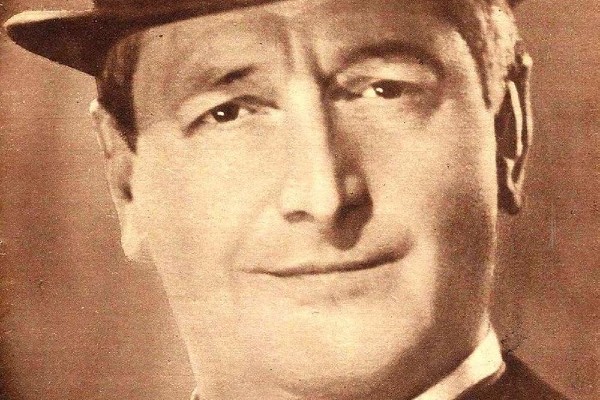
Surely one of the best films of the decade from one of the best directors. Pompous, self-indulgent, melodramatic, operatic, and therefore full of many condensed truths of life, Harlan depicts male characters that are ambivalent to the core. Otto Gebühr, who played King Friedrich II. in over a dozen films from the early 20s onwards, culminating in this film, gives a masterful performance as the titular hero, who can only let his true emotions come into play when he is alone. Bruno Mondi was one of the best cameramen of his time at Harlan’s disposal. His cinematography produces many special moments that had me engaged from the beginning. The way he shows close-ups of faces (think Hollywood of the 30s combined with Eisenstein) or makes one of his tremendous tracking shots (equally effective in enhancing the dynamics on the battlefield or zooming in on people). His super-impositions, montage sequences or the combination of both, like in the incredible closing images of Friedrich’s eyes over a rotating windmill.

